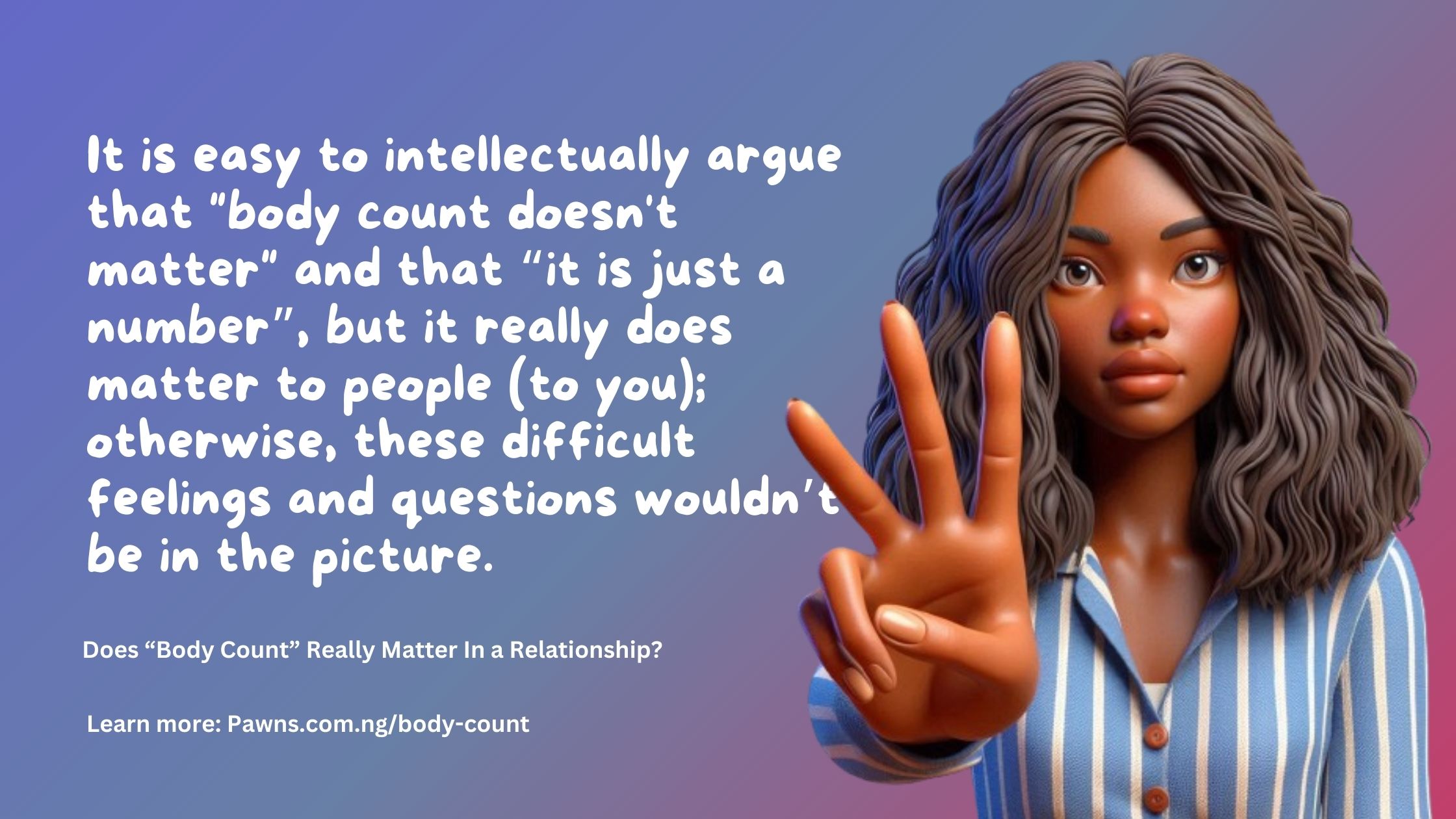Does “Body Count” Really Matter In a Relationship?
Sex is arguably the most emotionally charged activity most people engage in legally. It’s primal, personal, and requires crossing many boundaries to experience. Barring abuse, it involves knowing someone intimately in a way most of the world never will. So, it’s understandable that we attach great significance to it. When you learn that someone you’re … Read more
